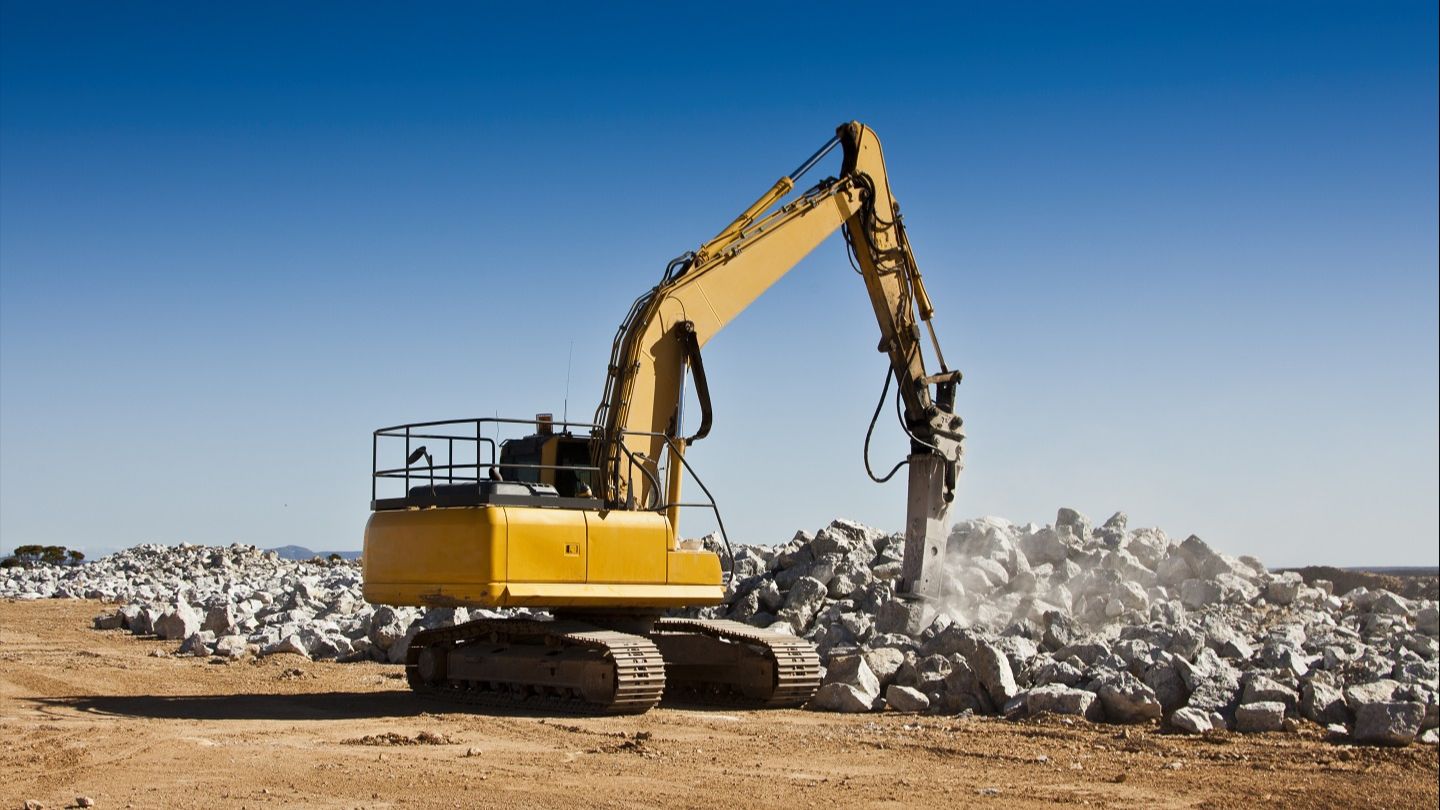
Sign up for daily news updates from CleanTechnica on email. Or follow us on Google News!
Devastating consequences of the climate crisis are being submerged by climate misinformation messengers, who are persuaded by a self-serving but very powerful minority to mistrust scientific evidence. In many cases such disbelief emerges from social media affordances, which could actually be tapped as a source for rapid public information dissemination during emergencies like extreme weather events. Instead, in a post-truth society, political beliefs hold more sway than substantiation, and social media sites have become the intermediary between right-wing oligarchs and everyday citizens.
The reality is that at least half of people in the US self-report as getting a whole lotta their news from social media. Is social media’s influence on climate misinformation worse as 2025 unfolds? It’s hard to argue otherwise. When Big Tech refuses to monitor climate misinformation, as Mark Zuckerberg of Meta seems to be indicating, then people who rely on social media for their information are sure to suffer.
Wondering what’s happening with post-storm extreme weather cleanups? Swipe through to your favorite social media site, and it will take a discerning close read to sift out the truth from the conspiracy theories. Without fact-checkers to moderate content on social media platforms, social media sites can negatively impact public behavior, inhibit effective emergency responses, and even jeopardize lives. Now that billionaires control social media information streams and fill them with ludicrous, fanciful tall tales, public officials have been forced to spend time reacting to lies rather than devoting their resources to assist in on-the-ground emergency measures.
Is it any wonder that public trust and support tends to fall off with hundreds of posts devoted to climate misinformation, which suffocate science-based evidence?
A Look at the LA Fires: Blatant Climate Misinformation and Disinformation
Intact forests are often relied upon for delivering national plans for reaching net zero and as suggested sites for nature-based solutions. Increases in the frequency and intensity of drought and periods of fire-favorable weather are driving reductions in vegetation moisture, which increases fuel for fires. Landscapes now burn more regularly, severely, and intensely.
Leaders should be helping their constituents to understand that, as anthropogenic emissions of CO2 remain persistently high, the world’s natural carbon sinks in forests, peatlands, and other ecosystems are increasingly pivotal to moderating increases in atmospheric CO2 concentration. As climate change contributes to wildfires globally, mitigating and adapting to wildfire likelihood should be the priority of policymakers — after all, wildfire outbreaks require coordination with many stakeholders.
Instead, leaders are doing exactly what our mothers warned us as children never to do — lie.
Boiling, dancing wildfires have ravaged large swaths of Los Angeles for what has turned into a third day. They’ve burnt entire neighborhoods and killed at least five people. With the fires still burning, the lives of hundreds of thousands of residents stand at the mercy of fierce winds.
The conditions that exacerbated the LA wildfires this week, including soaring temperatures, severe drought, and dry vegetation, are all symptoms of an overheating planet.
In comments posted to his social media site, Truth Social, Trump criticized Democratic Governor Gavin Newsom over state and federal efforts to bolster water flows for “an essentially worthless fish called a smelt.” Newsom’s office dismissed Trump’s accusations as “pure fiction.” Newsom implored the incoming administration not to play politics as tens of thousands of citizens were being forced to evacuate their homes.
California has enacted a host of climate rules to mitigate global warming and reduce emissions. The list of treacherous shifts in climate policy that Trump is likely to implement is part of a larger plan intended to “deconstruct the administrative state.”
Studying Social Media Sites: Unpacking Sense-Making
Extreme weather events linked to climate change are becoming more frequent. False information propagated on social media platforms is a generic challenge during emergency management, and climate misinformation has particularly emerged as a key concern in relation to emergency responses during disaster situations.
Why are social media sites inhibiting emergency action that results from the climate crisis? How do we make sense of information as it comes to us?
“Sense-making” is the process through which individuals try to understand, through interaction with others, events that are new, uncertain, confusing, or violent. To make sense, we start by collecting and framing data, which contributes to our awareness of a situation. We gather that information together in a mental model which we use as a salient frame to interpret other stimulus that comes our way. While our ability to process information is essential in everyday life, it takes on heightened importance during disaster situations. Unfortunately, instances of misinformation can emerge from the process of (collective) sense-making during an acute crisis.
Individuals now frequently use social networking sites during and in the aftermath of climate emergencies to make sense of the events. Social media sites actuate sense-making behavior. The sites become a venue for discussing their opinions related to a climate emergency and receiving affirmation from others regarding their own worldviews.
High-profile climate-caused emergency events are typically rife with misinformation. Short-term online public discourse about climate change in the context of extreme weather events may contribute significantly to negative long-term public perceptions of climate change. It also weakens public support for policies and actions to address the climate crisis as a societal challenge.
Too Much Meta is Not a Good Thing
Meta will end its third-party fact-checking program, which could open the proverbial floodgates for climate misinformation. Is Meta’s disinterest in regulating lies and hate tied to its $1 million donation to Donald Trump’s inauguration? You tell me.
“Facebook. I think they’ve come a long way. I watched it, the man was very impressive,” Trump said in response to a question from CNN’s Steve Contorno. Did Trump think that the Meta decision was a direct response to threats the president-elect had made to Zuckerberg in the past. “Probably. Yeah, probably,” Trump concurred.
Facebook owner Meta Platforms must face a trial in a US Federal Trade Commission lawsuit seeking its break-up over claims that it bought Instagram and WhatsApp to crush emerging competition in social media, a judge in Washington ruled in November. Judge James Boasberg largely denied Meta’s motion to end the case filed against Facebook in 2020, during the Trump 1.0 administration, alleging that the company acted illegally to maintain its social network monopoly.
Linda Khan, the FTC chair, mused in an interview with CNBC this week that she hopes Trump 2.0 doesn’t cut Meta a “sweetheart deal.”

Chip in a few dollars a month to help support independent cleantech coverage that helps to accelerate the cleantech revolution!
Have a tip for CleanTechnica? Want to advertise? Want to suggest a guest for our CleanTech Talk podcast? Contact us here.
Sign up for our daily newsletter for 15 new cleantech stories a day. Or sign up for our weekly one if daily is too frequent.
CleanTechnica uses affiliate links. See our policy here.
CleanTechnica’s Comment Policy




